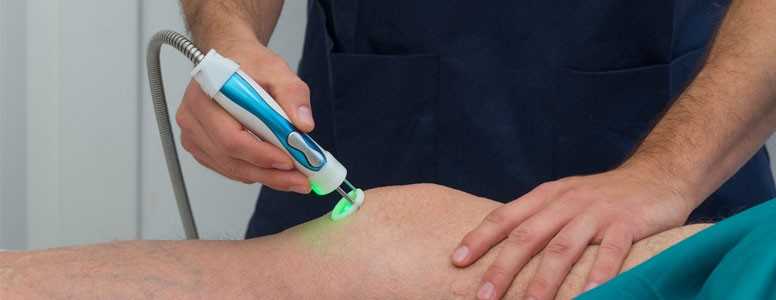A collaboration of Irish researchers have identified a biological marker present in people with newly diagnosed type 1 diabetes which could predict the development of the condition.
The scientists found raised levels of a fatty acid known as 12-HETE in samples of blood taken from people who had recently been diagnosed with the condition. But it did not appear in those who had been living with type 1 diabetes for some time.
The study was carried out by 3U Diabetes Consortium, which is made up of scientists from Dublin City University, Maynooth University and the Royal College of Surgeons.
The discovery of the substance could act as a biomarker for the onset of type 1 diabetes, and the 3U Diabetes Consortium is now planning further studies to analyse retrospective samples from patients who went on to develop type 1.
If the 12-HETE compound is located in these samples prior to the onset of type 1 diabetes, the researchers believe it could be used to develop a screening test that speeds up diagnosis and establishes those at risk of type 1 diabetes.
Earlier identification of type 1 diabetes, the researchers say, could “reduce the likelihood” of diabetic ketoacidosis (DKA) occurring before a diagnosis is made. DKA is a dangerous complication which occurs when there is not enough insulin left in the body.
“In the context of identifying which autoantibody-positive people without diabetes will go on to develop type 1 diabetes, the discovery of new biomarkers would be helpful,” said the researchers.
“Nevertheless, to evaluate the utility of this test, analysis of larger numbers of pre-onset type 1 diabetes samples is required.”
The findings have been published online in the journal Diabetic Medicine.
What's new on the forum? ⭐️
Get our free newsletters
Stay up to date with the latest news, research and breakthroughs.





